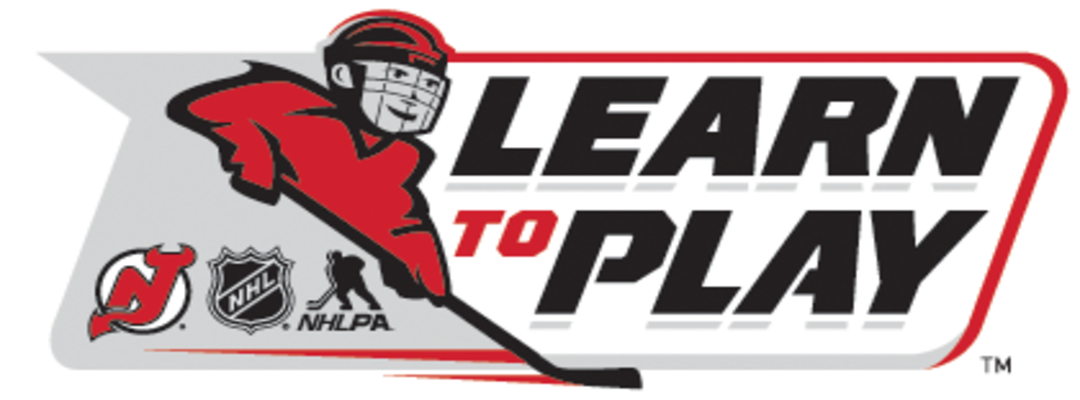Synthetic Ice LTP with Top Line Hockey · Co-Ed
- Individual Fees
- Regular 200.0 + Transaction Fee
Below is the schedule for our Synthetic Ice Learn to Play with Top Line Hockey located at 720 Braen Ave, Hawthorne, NJ 07506
Saturday, December 7th @ 9:30-10:30am
Saturday, December 14th @ 9:30-10:30am
Saturday, December 21st @ 9:30-10:30am
Saturday, January 4th @ 9:30-10:30am
Saturday, January 11th @ 9:30-10:30am
Saturday, January 18th @ 9:30-10:30am
Frequently Asked Questions about synthetic ice:
1. Do I need to sharpen my skates each session on synthetic ice?
While synthetic ice causes slightly more friction compared to real ice, you do not need to sharpen your skates after every session. However, sharpening may be required more frequently than with natural ice to maintain optimal performance. It really depends on the skaters preference.
Some players get them sharpened after every session. Some don’t
Other options include a spare set for synthetic ice and ice.
2. Does synthetic ice ruin your skates?
No, synthetic ice does not ruin your skates, but it can dull the blades more quickly due to the increased friction. Regular maintenance, such as sharpening and proper care of the blades, is important to preserve their condition.
3. Can you stop and pivot backwards on synthetic ice?
Yes, you can stop and pivot backwards on synthetic ice, though the experience may feel slightly different due to the additional friction. With practice, most skaters can adapt their technique for smooth stops and transitions.
With some practice players are able to perform all moves they can do on ice.
4. What’s the difference between synthetic ice and real ice?
Synthetic ice is made from a high-density plastic material, while real ice is frozen water. The main differences lie in the increased friction on synthetic ice, which requires more effort to glide, and the ability to use synthetic ice in various climates without refrigeration.
5. What are the benefits of synthetic ice training?
Training on synthetic ice offers increased resistance, helping skaters build strength and endurance. It can be set up in any environment, making it convenient for year-round practice, especially for those without access to traditional ice rinks.
6. Do I need full equipment?
Yes.
7. Is synthetic ice suitable for beginners?
Yes, synthetic ice is suitable for beginners, as it allows for skill development in a small environment. However, beginners may initially find the increased friction challenging until they adjust to the surface. As they would find the ice very slippery. The increased friction of synthetic ice enables beginners to be able to stand up and be get a feel for standing on skates, pushing and building skating muscles with out sliding all over the place.
Event Notes:
Now accepting registrations!




